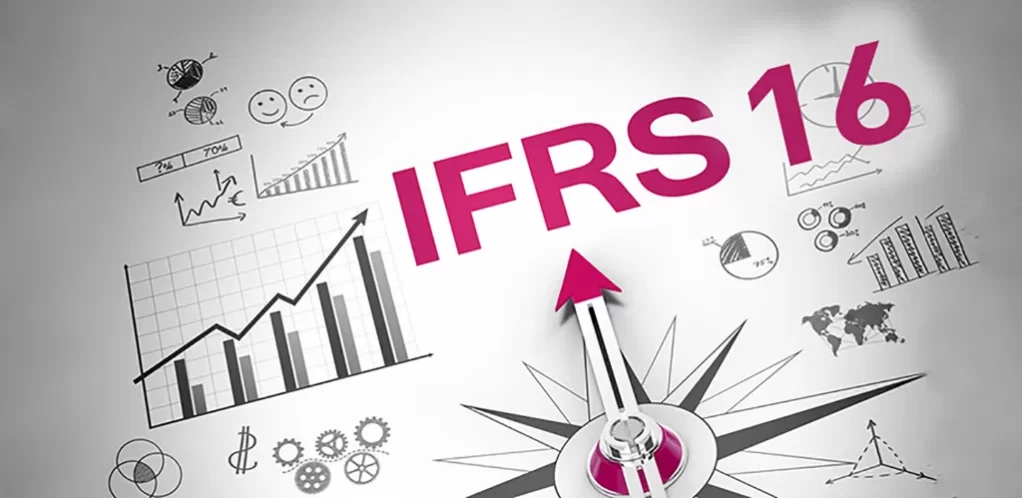 The International Accounting Standards Board (IASB) has entered a pivotal stage in its Post-Implementation Review (PIR) of IFRS 16 Leases, a standard that transformed lease accounting by mandating the capitalization of most leases on the balance sheet. As stakeholders worldwide provide feedback, attention now turns to what comes next.
The International Accounting Standards Board (IASB) has entered a pivotal stage in its Post-Implementation Review (PIR) of IFRS 16 Leases, a standard that transformed lease accounting by mandating the capitalization of most leases on the balance sheet. As stakeholders worldwide provide feedback, attention now turns to what comes next.
Will IFRS 16 evolve? Will the rules become simpler, stricter, or more nuanced?
At Dawgen Global, we explore what companies should expect after the PIR and how forward-looking businesses can prepare to stay ahead of potential regulatory shifts.
Setting the Stage: What Is the Post-Implementation Review (PIR)?
The PIR is a formal process conducted by the IASB to:
-
Evaluate the effectiveness of IFRS 16 in meeting its objectives,
-
Gather stakeholder feedback on practical application challenges, and
-
Identify areas that may require amendments, clarification, or additional guidance.
The PIR for IFRS 16 includes a Request for Information (RFI) to collect comments on:
-
Lease term determination,
-
Variable lease payments,
-
Discount rates,
-
Cost-benefit concerns,
-
Interactions with IFRS 9 and IFRS 15, and
-
Transition impacts.
Potential Areas of Change: What Might Be on the Horizon?
Based on the PIR’s scope and stakeholder feedback trends, the following areas are likely candidates for future revisions or clarifications:
1. Lease Term Guidance
Many entities have struggled to interpret what constitutes a “reasonably certain” lease term, especially in contracts with renewal or early termination options.
👉 What to expect: The IASB may introduce clarified thresholds or practical examples to guide judgment.
2. Variable Lease Payments
The current treatment excludes many variable payments from lease liability measurements. This can understate obligations or confuse users.
👉 What to expect: Potential expansion of guidance on which variable payments should be included, or alternative approaches to improve consistency in reporting.
3. Discount Rate Complexity
Using the incremental borrowing rate (IBR) has caused inconsistencies and operational burdens, particularly for entities without established treasury functions.
👉 What to expect: The IASB may consider offering standardized discount rate bands or simplification relief, especially for SMEs.
4. Cost-Benefit Balance
The PIR explicitly asks whether the benefits to users are proportionate to the costs incurred by preparers and auditors.
👉 What to expect: Potential simplified application paths for SMEs, or threshold-based exemptions to reduce compliance fatigue.
5. Sale and Leaseback Accounting
The interaction of IFRS 16 and IFRS 15 in sale and leaseback transactions has led to interpretive ambiguity, particularly around partial gain or loss recognition.
👉 What to expect: Clarified guidance on when to recognize a sale, and consistency in accounting treatments across industries.
Strategic Recommendations: How Companies Should Prepare
While the PIR will take time to finalize and lead to any concrete changes, companies should use this period to proactively evaluate their lease accounting strategy. Here’s how:
✅ 1. Review Internal Lease Processes
Assess whether your systems, controls, and staff are ready to adapt to updates—especially if key areas like lease term, discount rate estimation, or sale and leaseback transactions are involved.
✅ 2. Identify High-Risk Judgement Areas
Flag areas where your current IFRS 16 applications rely heavily on assumptions or subjective inputs. These are most likely to be affected by future clarifications.
✅ 3. Engage in the Consultation
If you have concerns or ideas, participate in the PIR’s RFI. Dawgen Global can help you draft a clear, standards-aligned response to the IASB.
✅ 4. Plan for Technology Updates
Any changes to calculation rules or disclosure formats may require upgrades to lease accounting software or ERP systems. Begin vendor discussions early.
✅ 5. Monitor Regulatory Developments
Stay engaged with IFRS updates, industry working groups, and expert commentary. Dawgen Global’s advisors will continue to track and interpret developments for your benefit.
Dawgen Global: Your Partner in Navigating Change
As regulatory expectations evolve, businesses must remain agile. Dawgen Global offers a suite of IFRS compliance services, including:
-
Lease accounting health checks,
-
Audit-readiness reviews,
-
ERP integration support, and
-
Strategic advisory on upcoming standards and guidance.
Whether you’re a multinational with complex lease portfolios or a regional SME aiming for efficient compliance, our team is here to support you through each phase of change.
📧 Need help preparing for the future of IFRS 16?
Let’s ensure you’re not just compliant—but confident.
Next Step!
“Embrace BIG FIRM capabilities without the big firm price at Dawgen Global, your committed partner in carving a pathway to continual progress in the vibrant Caribbean region. Our integrated, multidisciplinary approach is finely tuned to address the unique intricacies and lucrative prospects that the region has to offer. Offering a rich array of services, including audit, accounting, tax, IT, HR, risk management, and more, we facilitate smarter and more effective decisions that set the stage for unprecedented triumphs. Let’s collaborate and craft a future where every decision is a steppingstone to greater success. Reach out to explore a partnership that promises not just growth but a future beaming with opportunities and achievements.
✉️ Email: [email protected] 🌐 Visit: Dawgen Global Website
📞 Caribbean Office: +1876-6655926 / 876-9293670/876-9265210 📲 WhatsApp Global: +1 876 5544445
📞 USA Office: 855-354-2447
Join hands with Dawgen Global. Together, let’s venture into a future brimming with opportunities and achievements

